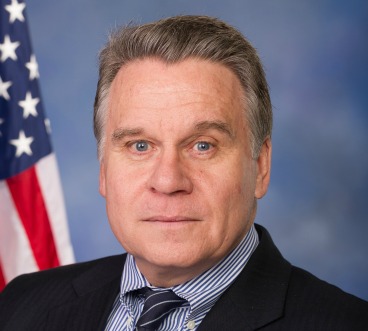Mr. Speaker, in October of last year, I expressed concerns in this Chamber on the condition of democracy in Croatia.
At that time, the leadership of Croatia was resisting the transition towards free elections, stalling the construction of democratic institutions, flaunting the rule of law, and squashing ethnic diversity. Those that held power were maintaining it in two significant ways. The first was through the manipulation of the political system to their advantage, including, in particular, efforts to control the media and the unwillingness to allow free and fair elections. Second, there was heavy reliance on nationalist passions for support. Zagreb’s policies swayed the loyalties of Croats in neighboring Bosnia and made it difficult for the displaced Serb population to return to the country.
Since last October, things have changed drastically and for the better. In the Parliamentary election of January 3, the desire of the people for change was manifested as the party that had ruled since the fall of communism was defeated by an opposition coalition led by the new Prime Minister, Ivica Racan. Meanwhile, in a special presidential election on February 7 to succeed the late Franjo Tudjman, Stipe Mesic won on promises of reform, of a more democratic political system with diminished power for the presidency, of greater cooperation with The Hague in the prosecution of war criminals, of progress in the implementation of the Dayton Accords in Bosnia, and of the return of Croatia’s displaced Serb population. These changes have been universally applauded, specifically by Secretary of State Madeleine Albright during her visit to Croatia on February 2. In fact, Mr. Speaker, I join the Secretary of State in commending the new policies of Croatia’s leaders, and I complement our able Ambassador to Croatia, William Montgomery, for his role in pressing for democratic change.
Mr. Speaker, it is good that Croatia’s new leadership is talking about substantial reform. However, we must be sure that it is not just talk. We must be sure to encourage Croatia to move closer towards full freedom, true justice, and greater prosperity for all of her citizens, regardless of ethnicity. We must continue to press for the surrender to The Hague of those indicted for war crimes. As we do, we must be ready to support Croatia, even as we have been ready to criticize Croatia’s shortcomings in the past. Recent violence in southeastern Europe underscores the need for true democracy in the region. In closing, I congratulate Croatia’s new leadership and its promise of progress. Now that reform is on the horizon, I am hopeful that Croatia will soon be an integrated partner in European affairs.





